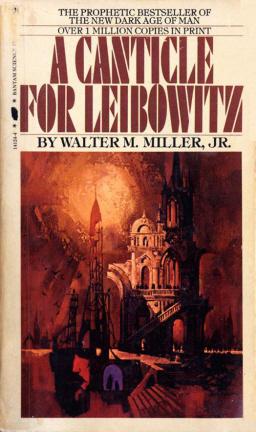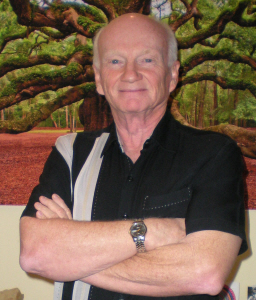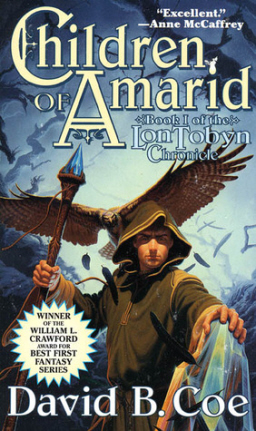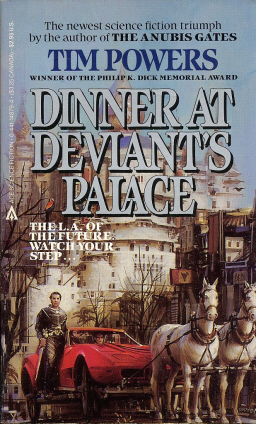Fantasy Clichés Done Right

Like all genres of fiction, fantasy has a growing list of clichés and played-out tropes: the orphaned farm boy who’s actually the chosen one, the quest for a magical artifact to save the world, the generic medieval European setting, the Tolkien-lite denizenry of humans and elves versus orcs, goblins, and trolls…. On one hand, it’s surprising to see these tropes crop up over and over again. Authors are supposed to be imaginative. Is it really that hard to come up with original ideas? On the other hand, it makes a good bit of sense to see certain recurring tropes. Fantasy is, after all, rooted in mythology, and one can make a strong case that fantasy taps into symbols and archetypes coded into the human psyche, whether we’re talking about Joseph Campbell’s Hero’s Journey or the simple Jungian archetype of the shadow representing the basest of human instincts.
In practice, of course, the truth lays somewhere in the middle. Mediocre writers reuse certain tropes and make them cliché because they do nothing new with them. Expert writers create new tropes or take old ones and make them new in the context of unique characters and original words.
This holds true not only for the classics, but also for new fantasy fiction, as author James P. Blaylock discovered when he was a judge for the World Fantasy Awards in 2012. “I was certain that zombies and vampires had been so overworked that I’d have no interest in any of them,” he recalls, “but then I ended up putting one of each on my shortlist: ‘From the Teeth of Strange Children’ by Lisa Hannett and ‘Younger Women’ by Karen Joy Fowler.”
With this idea in mind, here are a dozen or so books that transcend the tired fantasy clichés they utilize, as recommended by an assortment of writers in the genre. (The list is hardly comprehensive, mind you, so make sure to add your recommendations in the comments.)



